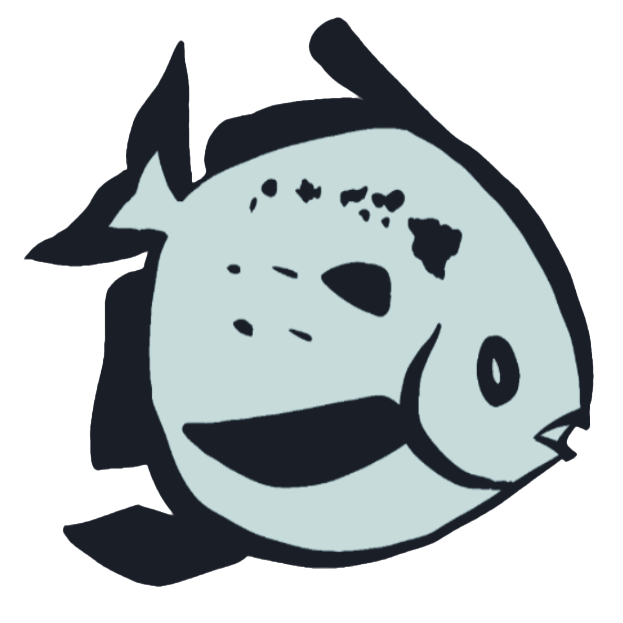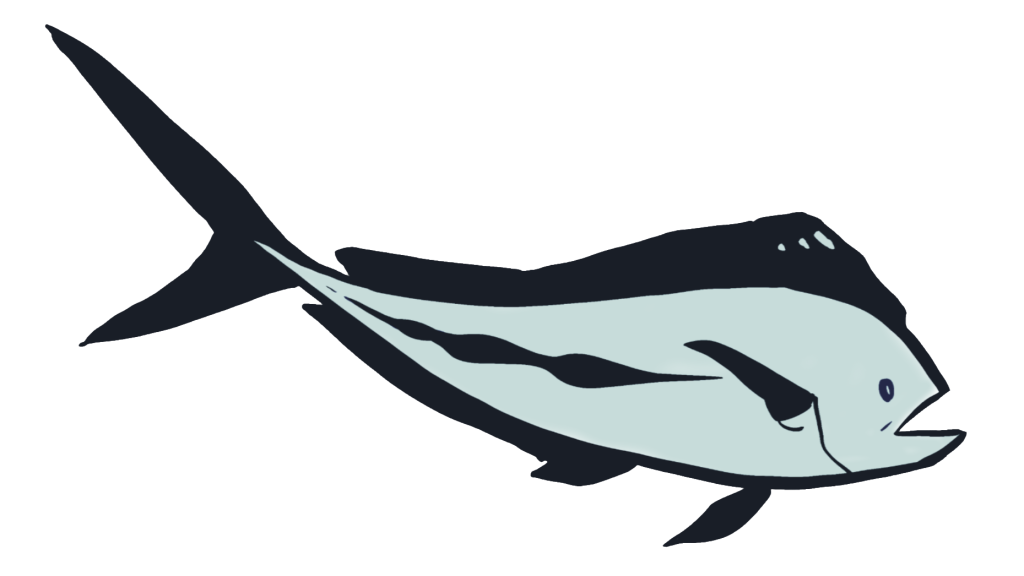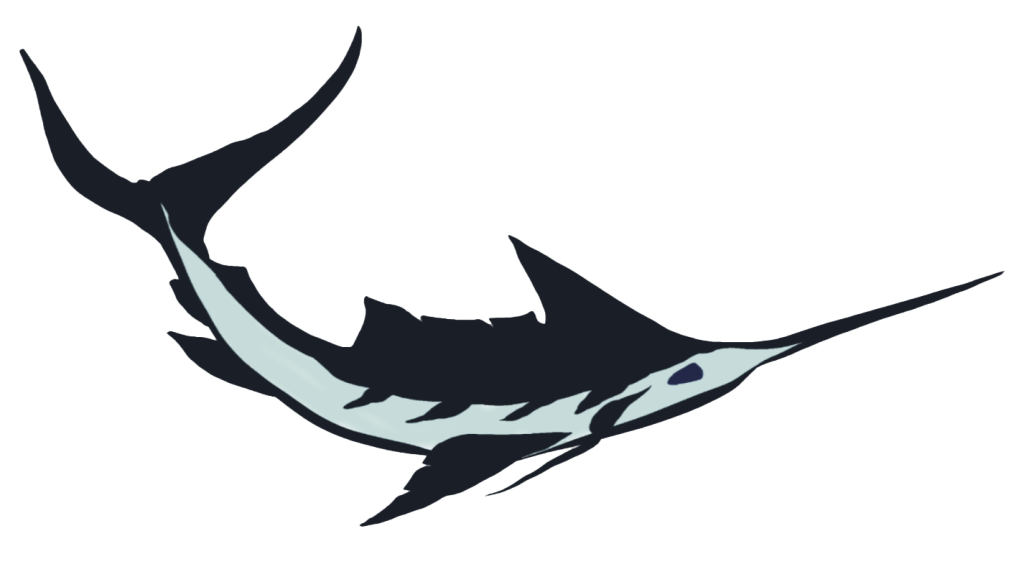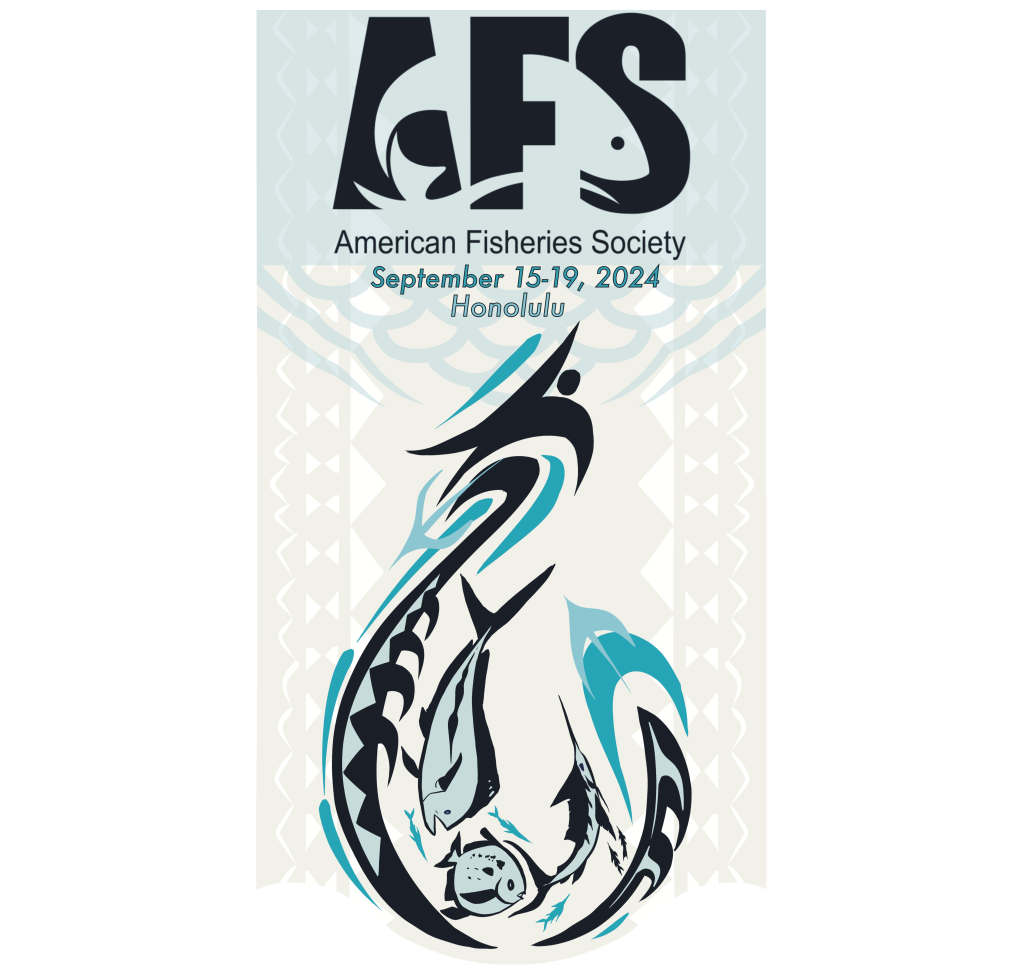Welcome to Hawaiʻi:
A Guide to Being a Respectful Visitor
Grandfather and grandson throwing cast nets in a fish pond. Credit: Hawai’i Tourism Authority/Heather Goodman.
Aloha! As attendees of the American Fisheries Society Annual Meeting, we must honor and respect the rich culture of Kānaka Maoli (Native Hawaiians) and the natural beauty of these islands. One aspect of our mission as the Respectful Meetings Working Group is to guide AFS meeting attendees to be respectful visitors, ensuring that our presence contributes positively to the local community and environment.
Introduction
Aloha! As you prepare to visit Honolulu and to participate in the American Fisheries Society Annual Meeting, we want to ensure your experience is enjoyable and respectful. Hawaiʻi is not just a destination; it’s a place with rich biocultural traditions and ecosystems that deserve our utmost care and consideration. Please take a moment to familiarize yourself with the following guidelines to ensure that your visit aligns with the values of hōʻihi (respect) and aloha (love and fellowship).

Respecting Hawaiian Culture
Hawaiʻi is a place with a deeply rooted Indigenous culture, and respecting Kānaka traditions and customs while visiting is essential. Here are some ways to honor Kānaka Maoli during your stay:
- Learn Some Hawaiian Phrases: Take the time to learn a few basic Hawaiian phrases like “Aloha” (hello/goodbye) and “Mahalo” (thank you). This is a simple gesture that demonstrates respect for the local language and culture. You can learn more helpful phrases for visitors to know here, and look up additional words here.
- Respect Sacred Sites: Hawaiʻi is home to many heiau (sacred sites). Please treat these places with reverence, obey signage, and refrain from disturbing them in any way. If you would like to seek out heiau to visit, please learn about basic protocols before you go.
- Follow Cultural Protocols: Be mindful of cultural protocols, such as removing your shoes before entering someone’s home or asking for permission before visiting and photographing locals, sacred places, or cultural events. Learn more about cultural protocols in Hawai’i here.
- Educate Yourself: Learn about the history of settler colonialism in Hawai’i and how it continues to impact Kānaka Maoli today, through the tourism industry, militarization, natural resource management, and beyond. Understanding the ways that tourism can and often does objectify Kānaka individuals, for example, can help you avoid inadvertently perpetuating these problems. A few resources that could help you get started are Hawai’i Is Not Our Playground and Detours: A Decolonial Guide to Hawai’i.
Read about Kānaka kiaʻi (guardians and protectors) here. To learn more about people, places, and events that are important to Kānaka communities, visit Ka Wai Ola News.

Being a Respectful Traveler
In addition to respecting Kānaka culture, it’s crucial to be a conscientious traveler and minimize your impact on the environment and local communities. Here are some tips for being a respectful visitor:
- Reduce Single-Use Plastics: Hawaiʻi is committed to reducing plastic waste, so please bring reusable water bottles and bags to minimize your use of single-use plastics.
- Support Local Businesses: Support locally-owned and Kānaka-owned businesses and artisans during your stay. Not only does this help the local economy, but it also allows you to experience authentic Hawaiian culture. Check back here before the meeting for a list of Kānaka-owned businesses near the conference center.
- Practice Responsible Tourism: Respect wildlife and natural habitats by observing animals from a distance and refraining from touching or feeding them. Additionally, stay on designated trails to minimize damage to delicate ecosystems and cultural sites.
For more tips on being a respectful traveler, check out Hawai’i Is Not Our Playground, What Native Hawaiians Want You To Know Before You Visit, Shaka Guide – 12 Ways to Be a Respectful Traveler in Hawaiʻi and USA Today – Hawaiʻi Respectful Tourism.
Conclusion
As you prepare for your visit to Hawaiʻi for the American Fisheries Society Annual Meeting, we encourage you to embody the spirit of aloha and hōʻihi for the land, culture, and people of these islands. By following these guidelines and embracing the principles of responsible tourism, we can ensure that our presence in Hawaiʻi is positive and sustainable. Mahalo for your commitment to being respectful visitors, and we look forward to seeing you there!

Supporting Local Initiatives
We’d like to give a special shout-out to Kuaʻāina Ulu ‘Auamo (KUA) for their support and guidance in planning this year’s AFS meeting as we all learn and prepare to be respectful guests, as well as for their incredible work to preserve and revitalize Hawaiʻi’s natural resources and communities. KUA is dedicated to empowering local communities to steward their land and culture through grassroots initiatives and advocacy. Their commitment to sustainability and cultural preservation aligns perfectly with our mission to be respectful visitors to Hawaiʻi. Mahalo nui loa (many thanks) to KUA for their invaluable contributions to preserving Hawaiʻi’s unique heritage and environment.
Learn more about KUA’s work and community fisheries in this video:
See also: General KUA Vimeo Page
Looking for guidance on how to ensure your visit to Hawaiʻi during the American Fisheries Society Conference aligns with the principles of respect and cultural sensitivity? Be sure to check out the American Fisheries Society Meetings Code of Conduct. This comprehensive resource provides valuable insights and guidelines for fostering a welcoming and inclusive environment at all AFS-sponsored activities and events. By familiarizing yourself with these principles, you can create a positive and respectful experience for all attendees.
Finally, if you’d like to donate to enhance these opportunities, please click here:
Respectful Meetings Working Group
The Respectful Meetings Working Group (RMWG) aims to ensure that AFS members are good guests on Indigenous lands and waters while attending AFS events and annual meetings. This concept is particularly important in sensitive locations such as Hawaiʻi, where short-term visits are often environmentally and culturally detrimental.
The RMWG has two main goals: 1) to work in partnership with Indigenous Peoples on whose lands AFS meetings are hosted to make sure that their communities benefit, and 2) to create a welcoming and respectful environment where Indigenous individuals are empowered to participate and share their thoughts, ideas, and knowledge.
We recognize the importance of Indigenous participation in enriching collective experiences and aim to dismantle barriers that have historically hindered such engagement, both internally and externally. As members of AFS, most of whom are not Indigenous, the RMWG recognizes and acknowledges our collective responsibility to ensure reciprocity with Indigenous stewards of the lands where gatherings occur. We are committed to building a scientific community that is inclusive in thought and impact, respects Indigenous Peoples and, specifically in the Hawaiian Islands, Kānaka Maoli, and supports local businesses while giving back to the community. We aim to facilitate the sharing of knowledge and understanding among diverse groups involved in fisheries, seeking alignment with the AFS Strategic Plan and broader societal trends towards inclusivity in research and knowledge co-production. Central to this purpose is fostering an environment that values Indigenous Knowledge on equal footing with European-derived scientific knowledge and ensures the representation and inclusion of Indigenous rights-holders in discussions of fisheries management and related issues.
We welcome additional volunteers to support our efforts to ensure that Kānaka Maoli have a voice in the planning process, support Indigenous attendance at the meeting, highlight Indigenous-owned businesses, and create educational opportunities for AFS members. Please let us know if you’d like to be involved!
Additional Resources
Sea Grant resource on place-based research:
Kulana Noii 2.0 (hawaii.edu)
Place-based stewards in the Heʻeia ahupuaʻa expressed a need for a set of guidelines to help ensure that research projects focused in Heʻeia engage in equitable and reciprocal partnership with those connected to and caring for the ahupuaʻa. In response to this need, a partnership was formed between the University of Hawai‘i Sea Grant College Program, Kuaʻāina Ulu ʻAuamo (KUA), and others to develop the Kūlana Noi‘i.
The Kūlana Noi‘i is not intended to be a compliance standard or checklist for achieving reciprocal community-research partnership. Instead, this document serves as a starting point for deeper conversation and lays out a set of ideas, values, and behaviors that when applied alongside hard work can build more just and generative relationships between researchers and communities.
Webinars from American Association of Geographers
Colleagues at the American Association of Geographers are also hosting their annual meeting in Honolulu this year. They have piloted a new approach that connects the conference more strongly to the place where it is held. To do that respectfully and well, they hosted a virtual learning series featuring Hawaiian speakers and perspectives on a broad range of environmental, political, and historical topics, including Indigenous ecological knowledge and sovereignty. Recordings of each webinar are available below.
Restoring Waiwai: Redefining Wealth to Foster Health & Abundance
- Islands and Agriculture: The coevolution of agroecological systems and society in Hawai‘i
- Troubling the “American Lake”: Archipelagic Perspectives on Militarization in Oceania
- Aloha: A Reciprocal Relationship among People, the Environment, and the Spiritual World
- Pono Science
